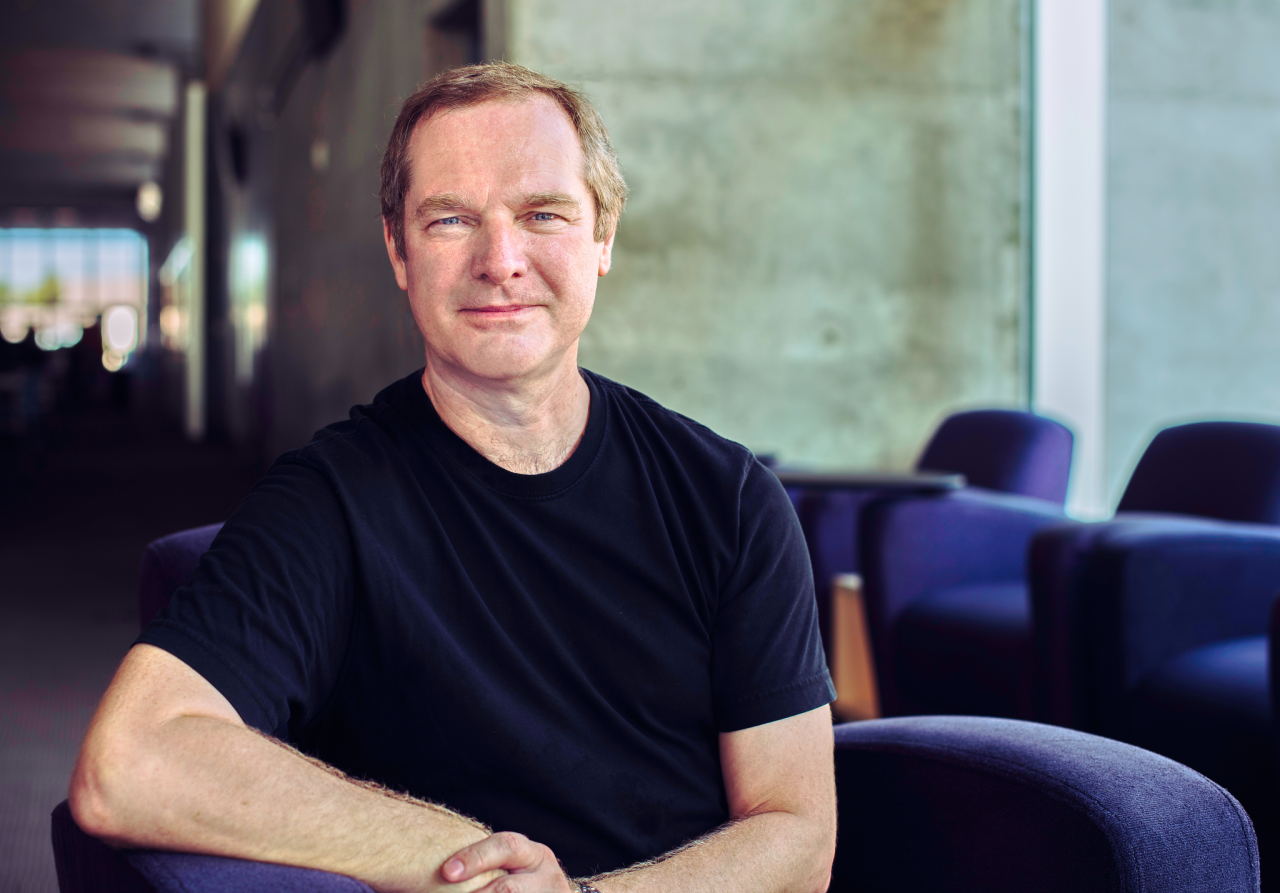In relating this to the Air & Space industry, the group talked about how this push towards faster innovation has been carried by the emergence of commercial space entities ability to take on new risks.
But Professor Maynard also talked about the importance of precedence and how that will shape the future of space. “What if SpaceX gets to Mars first?” he asked the group. He talked about how they would then be able to set the precedent of what happens and shapes how we think about the planet. He emphasized how profound these effects are on the dynamics for social responsibility.
Questions from the group included talking about the ways that we can encourage social responsibility within our technology. One of the biggest hurdles that Professor Maynard brought up was the lack of commercial viability for socially responsible change in the short term. This is especially true for large corporations who are beholden to shareholders who want to see growth in profits rather than a socially responsible act that loses funds.
“Nice ideas aren’t enough. You need a value proposition,” Professor Maynard said.
In the end, Professor Maynard answered a question about how we can keep the scientific method in a world that is moving faster than that methodology allows for.
“Rather than sticking to a method, it’s about the science methody. There needs to be an interest in being proven wrong,” he said.
The group talked about how science alone will not solve our problems. The discussion turned to how involving creatives, communications specialists, business experts, and so much more is going to be the best way for the world to better create ethical atmospheres for emerging technology.
